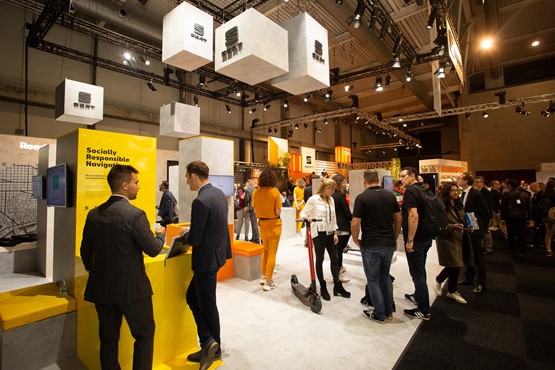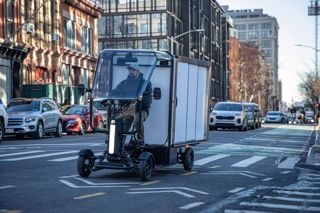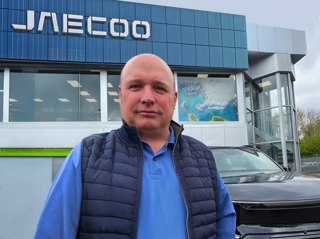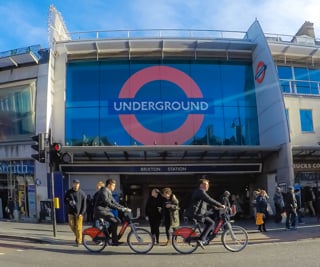Seat is presenting a range of solutions for improving mobility at the Smart City Expo World Congress, which is currently taking place in Barcelona.

The solutions include:
- A ride-sharing app, which was recently piloted with a selection of Seat employees in Martorell, Spain, and a bus on demand project from the teams at XMOBA and Metropolis:Lab (two independent Seat group companies). The bus on demand project aims to offer flexible routes that adapt to real time demand and is currently being tested in Wolfsburg, Germany and will be followed by second pilot in Barcelona.
- The Seat Cristobal concept car, shown at last year’s Smart City Expo, which is now equipped with 5G technology and enables the car to connect with the pedestrians and streets in its surroundings. Three of Cristobal’s safety features will be included in new Seat launches: the exit assistant (a sensor to detect approaching cars or motorcycles when opening the door); the display mirror (a door mirror that does away with blind spots); and advanced ACC, which automatically adapts driving speed to the permitted limit posted at all times.
- ‘Socially responsible’ navigation with Waze and Barcelona City Council. By analysing data from Barcelona City Council and through the use of artificial intelligence, Seat can predict events that could cause traffic disruptions, such as football matches, concerts or school drop-offs and pick-ups. With this information, Waze navigation will inform users of the reasons for proposing route changes. This will improve urban mobility and could prevent possible accidents at peak times.
- Seat’s first urban micromobility vehicle, the eXS, which has been developed with Segway. The all-electric two-wheeler, which can travel for approximately 28 miles at speeds of up to 15.5mph, is a solution to reach places which are difficult for cars to access. However, it will not be available for purchase in the UK due to current legislation



















Login to comment
Comments
No comments have been made yet.